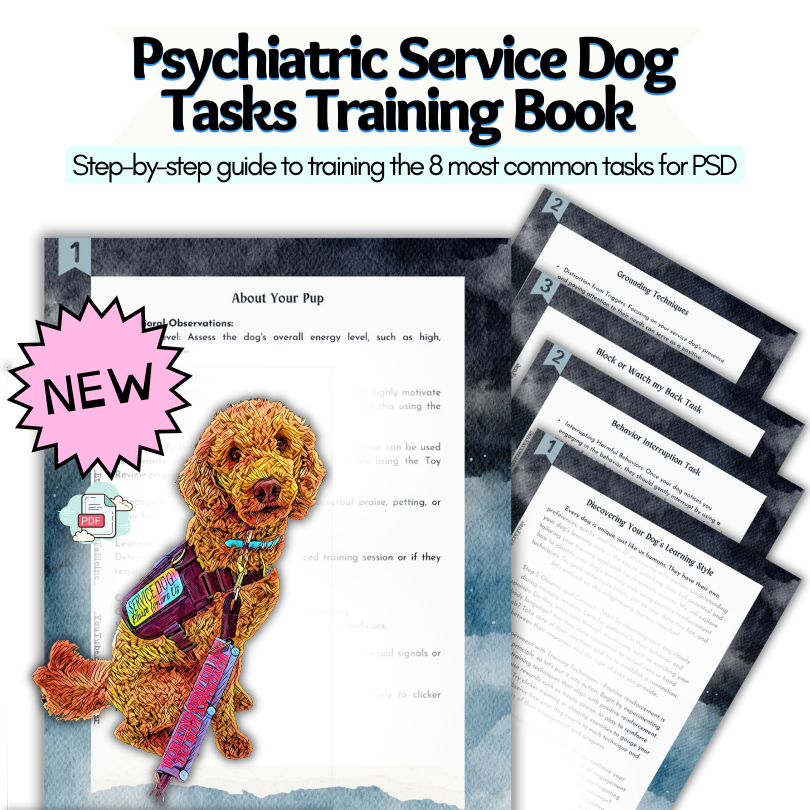In honor of world mental health day 2023, I am sharing my story. In my own journey, I faced the unimaginable pain of enduring an abusive relationship with my marriage to my ex-husband. Over time, my ex-husband's behavior became increasingly controlling, manipulative, and downright scary, leading to me eventually developing Post-Traumatic Stress Disorder (PTSD). He used psychological and environmental manipulation tactics, like locking me out of the house and constantly changing my sleeping arrangements (in the middle of the night, while I was sleeping), which left me feeling trapped and disoriented. He even took away the light bulbs in my bathroom and by my chair, making it difficult for me to wash my face and impossible to find solace in my crafting.
And it didn't stop there. One night he pulled a gun on me, forcing me to leave our home. But when I tried to leave (like he told me to do), he blocked me in and held me hostage. This harrowing experience highlights the extreme lengths an abuser can go to maintain power and control.
The Impacts of PTSD
PTSD casts a shadow over daily life, leaving its mark in various ways. It's crucial to understand that this condition can manifest differently in each person, affecting multiple aspects of their physical and mental health. Let's delve into some of these impacts:
Nightmares and Flashbacks: The constant intrusion of traumatic memories during sleep can lead to sleep disturbances, including nightmares and flashbacks. These vivid and distressing experiences can leave individuals feeling as if they are reliving their trauma.
Concentration Struggles: Severe PTSD can turn concentration into a constant struggle. This affects both work and personal life, making even simple tasks challenging to complete. The mind becomes preoccupied with the trauma, leaving little room for focus.
Limiting Life Experiences: Avoidance behaviors are a common coping mechanism for those with PTSD. Individuals may avoid places, people, or activities associated with their trauma. As a result, they may miss out on life experiences and opportunities for growth.
Daily Life Challenges: Simple tasks can become overwhelming when living with PTSD. Daily routines are disrupted by constant anxiety and hypervigilance. The once-familiar feels foreign, and every moment is clouded by the shadow of trauma.
Isolation: Individuals with severe PTSD may withdraw from friends and family, fearing triggers and experiencing overwhelming anxiety. This isolation can lead to a sense of loneliness and further complicate their healing journey.
Employment Struggles: Maintaining a job can be challenging for those with severe PTSD. Concentration and focus are compromised, and the unpredictability of symptoms can lead to frequent absences. Employment becomes a struggle rather than a source of stability.
Expanding Our Understanding
It's important to recognize that PTSD can indeed manifest in various ways and affect different aspects of a person's physical and mental health. Here are a few more issues that can be associated with PTSD:
- Skin Conditions: Stress and high cortisol levels can contribute to skin problems like rashes, hives, or worsening pre-existing conditions such as eczema or psoriasis.
- Cognitive Issues: PTSD can impact cognitive function, leading to difficulties with memory, concentration, and even processing information. One manifestation of cognitive challenges under stress is sudden onset dyslexia.
- Gastrointestinal Problems: Stress associated with PTSD can contribute to digestive issues, including irritable bowel syndrome (IBS), stomach pain, and diarrhea.
- Cardiovascular Issues: High levels of stress and anxiety can strain the cardiovascular system, potentially leading to increased heart rate, hypertension, or even heart problems over time.
- Immune System Suppression: Chronic stress from PTSD can weaken the immune system, making individuals more susceptible to infections and illnesses.
- Increased Risk of Other Mental Health Disorders: PTSD can increase the risk of developing other mental health conditions such as depression, anxiety disorders, or substance use disorders.
- Depression and Lack of Support: The absence of adequate support can exacerbate the condition, potentially leading to clinical depression, further worsening overall well-being.
These diverse impacts underscore the critical need for understanding, support, and effective treatment for individuals facing severe PTSD.
Pharaby: My Lifeline
In the midst of this turmoil, a lifeline emerged—Pharaby, my loyal service dog and confidante. Not only is she a cherished companion, but she's also an extraordinary AIC communicator. She understands my needs, calms my anxieties, and is there in my darkest moments.
Pharaby's role as a service dog goes beyond words. She's my rock, providing unwavering support and assistance every day as I navigate the challenges of PTSD. Her unique abilities make her an invaluable part of my healing journey. Pharaby saves my life not just by providing physical support but also by responding to my emotional needs.
Breaking the Silence
My journey is a testament to the fact that healing is possible, even in the wake of unimaginable trauma. It's essential to recognize the signs of narcissistic abuse, seek understanding, and reach out for support. Together, we can break the silence surrounding mental health and offer hope to those facing similar battles.
PTSD doesn't discriminate; it can affect anyone. My hope is that by sharing my story, we can offer love, support, and encouragement to all who have experienced narcissistic abuse or are on their healing journey. Remember, you are not alone, and there is a brighter tomorrow awaiting you.
#WorldMentalHealthDay #PTSDAwareness #HealingJourney #YouAreNotAlone #ServiceDogsSaveLives #PTSDServiceDog #ServiceDogLife
Empowering Others: Sharing My PTSD Service Dog Training Journey
In my journey of healing from the depths of PTSD, I discovered the remarkable power of service dogs. They offer not only unconditional love and support but also invaluable assistance in navigating the challenges of everyday life. My loyal companion, Pharaby, has been my rock, my confidante, and my source of strength throughout this journey.
Recognizing the profound impact of service dogs, I decided to share my knowledge and experiences by writing a book on PTSD service dog training. This book is a labor of love and a testament to the incredible bond that can exist between humans and their four-legged companions. I also have created service dog training logbooks & planners to help you along the way.
My hope is that these resources will serve as guides for individuals seeking to train their own PTSD service dogs or understand the unique relationship between service dogs and those they assist. Through these books, I aim to empower others with the knowledge and tools to embark on their healing journey with a faithful and supportive companion by their side.
If you're interested in learning more about PTSD service dog training and how these remarkable animals can make a difference in the lives of those with PTSD, I invite you to explore my series of books. They are a reflection of my dedication to raising awareness, offering support, and helping others find hope and healing in their own lives.
Together, we can break the silence surrounding mental health, harness the potential of service dogs, and offer a brighter tomorrow to all those who have faced the shadows of PTSD.



